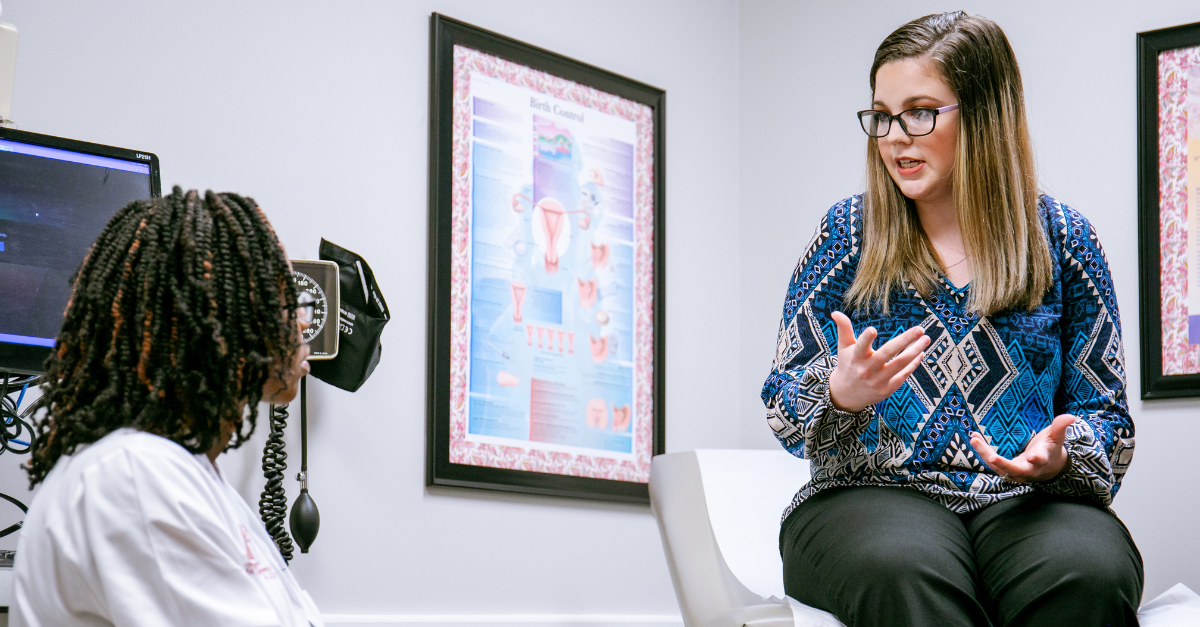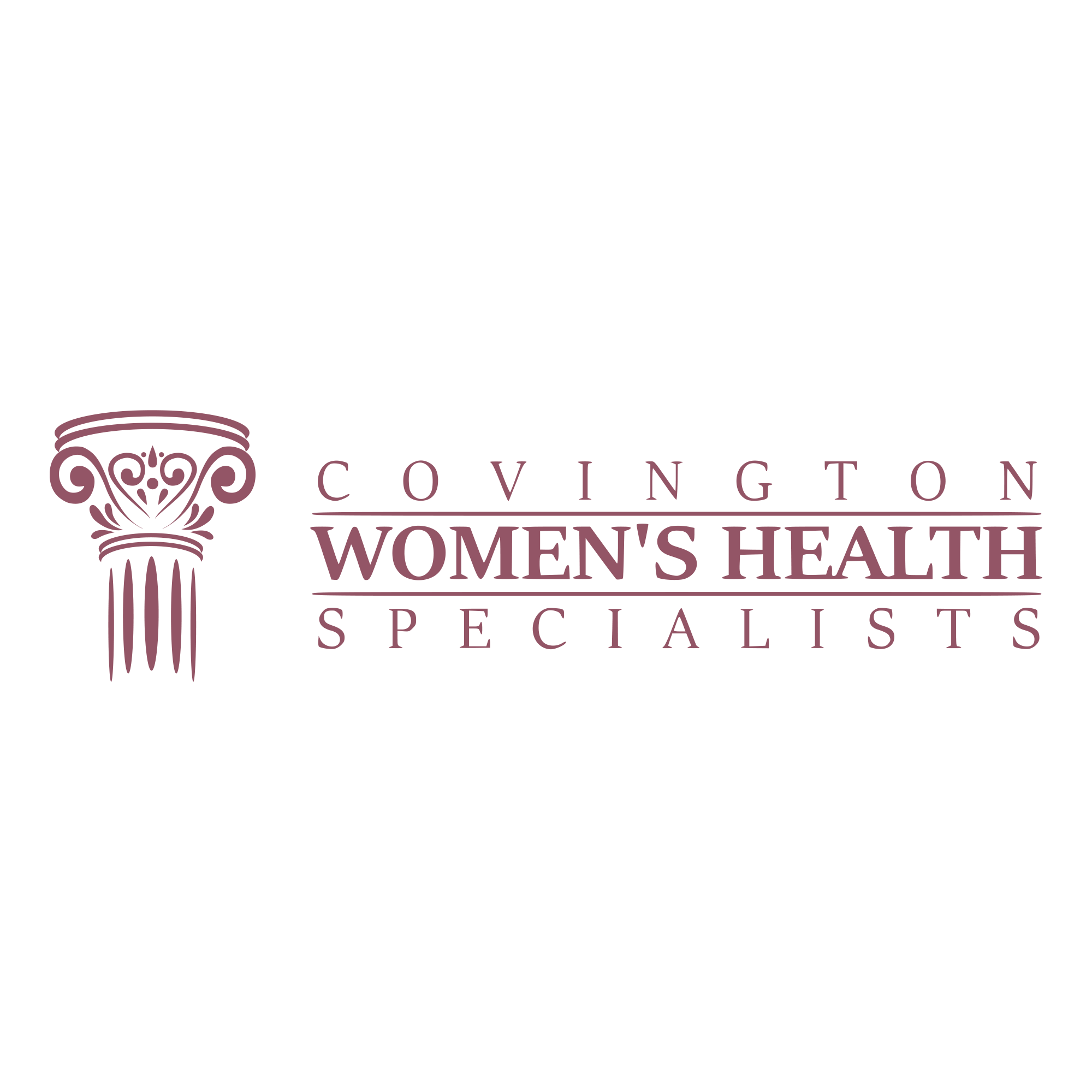Guide for an Adolescent’s First Visit with a Gynecologist
* Understand, Your Minor Daughter Has Rights Concerning Her Reproductive Health.*
Last month we shared the benefits of annual OBYGN visits for grown women, but is it the same for teens and tweens? Puberty, after all, can be a confusing time saddled with overwhelming change — do you need to add a new appointment (that may be uncomfortable or awkward) to the mix?
Early Conversations Will Help
Confronting issues in conversation, rather than avoiding them, often helps diffuse any fear or awkwardness (even if it’s hard at first). The topic of body changes is no exception. In a recent Parenting article, Dr. Rebecca Unger recommends that talks with girls about their bodies “should be open, honest and continuous . . . starting at an early age.”
The Mayo Clinic also suggests “The earlier you begin talking to your child about the changes to expect during puberty, the better.”
Having regular, honest, informative discussions about the parts of the body, how they work together, and how they grow and change will help girls feel confidently equipped with information — and can help reduce embarrassment or stigma overall.
So, When to Go?
The American Congress of Obstetricians and Gynecologists cuts right to the chase — recommending the first visit happen between the ages of 13 and 15. “The scope of the initial visit,” they assert, “will depend on the patient’s concerns, medical history, physical and emotional development, and the level of care the patient is receiving from other health care professionals.”
Dr. Vash-Margita, chief of Yale Medicine Pediatric & Adolescent Gynecology (PAG) further explains in a 2018 interview with Yale Medicine that the initial appointment is meant to educate both patients and parents, and build a relationship with the health specialist.
As during similar appointments with adult patients, the first visit is an opportunity to establish a baseline, and address questions and observations about overall body health and changes. It can also pave the way for open conversations about menstrual issues, puberty adjustments, questions about sexual health, and pregnancy prevention as they arise.
What to Expect
“Girls often think there will be a pelvic exam,” says Dr. Vash-Margita, “which is not true. In the beginning of the visit, I tell my patients that, most likely, they will not need an internal pelvic exam. After that, there is a visible sigh of relief and the conversation goes more smoothly.”
More typically, the appointment involves a general physical exam (height, weight, blood pressure, etc.), and an external genital exam. The external genital exam could also be an opportunity for patients to get involved and learn specifics about each part.
Think of this as a chance for a patient and gynecologist to have a conversation and get to know each other — the first of many interactions in the patient’s journey to overall, long-term wellness. That approach should help relieve any (understandable) nervousness.
Going to the gynecologist regularly is simply one step of many that women can take to maintain overall health. It’s something even a Disney princess can do, as shown in Danielle Sepulveres and artist/illustrator Maritza Lugo’s collaboration on a series of illustrations depicting Disney princesses visiting their gynecologists to raise awareness in 2016 for Cervical Cancer Awareness Month. Beginning this journey at puberty (even if it doesn’t exactly feel magical) is simply one easy way to build and support habits for long-term health.
At Covington Women’s Health Specialists — whether you’re an early adolescent, a Disney princess, a postmenopausal woman, one considering pregnancy for the first time, or have any other health questions or concerns — we care about your entire well-being. Book an appointment with us online, or call 770-385-8954.
*Even if your daughter has not reached the age of 18 yet, she has rights under Georgia State Law.
A minor who understands the risks, benefits and proposed alternatives to certain health services concerning her sexual and reproductive health, may give informed consent. This includes all health care services related to pregnancy or becoming pregnant, reproductive cycle, vaginal infections, sexual functions, without notifying a parent (unless she chooses to do so). Although substance abuse is not a reproductive problem, it also falls under this law.
So, your daughter will be asked if she would like to be interviewed and examined without you being present. While not in your presence, your daughter may consent to or request services that she does not tell you about or that you have not planned on her having leading up to her visit. As a parent, this may offend you, however these laws exist because some young women cannot or would not receive reproductive healthcare in the absence of these laws.
We respect your relationship you’re your child; however, we respect your child’s autonomy in these matters and we will follow the law.







